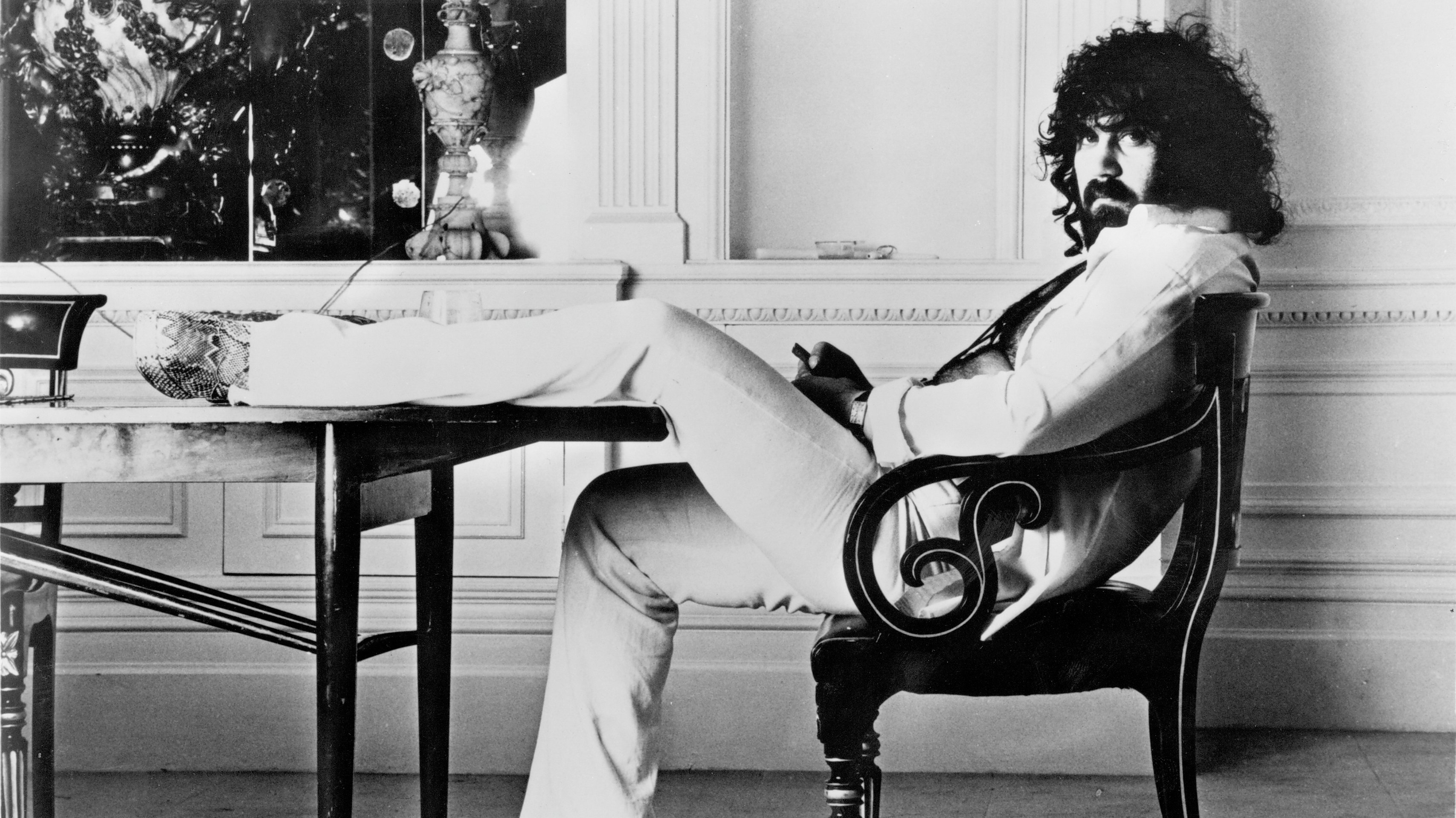Death facilitates the activity of building careers and looking for an artist for their moments of consecration. In the case of Vangelis (who died on May 17 at the age of 79), there are several and although he can be remembered for various reasons, there are some that are unavoidable due to his importance in popular culture. There in the early 1980s, Vangelis achieves success that is difficult to measure, thanks to an unbeatable streak. If almost a decade earlier he had given up on an idea of conventional career in rock -with Aphrodite’s Child-, the presence of his music in the documentary series “Cosmos” (1980), the soundtracks of “Momentos de Glória” (1981), which earned him an Oscar, and “Blade Runner ” (1982) brought him to an inevitable level of popularity. From there, the Vangelis name only got bigger.
However, he remained faithful to his ideas. Discreet (he rarely gave interviews), he maintained a voracious appetite for experimenting with electronic music, be it composition or sound. The connection between music and image facilitated the rise of popularity and a career in soundtracks that will forever mark the popular imagination of those who listened to them (and are still discovering them). But even then, when he was more commercial, rounder, Vangelis experimented and let his music be filled with ideas that circulated throughout his career. There was something free about it.
Vangelis’s music is inseparable from a generation of Greek musicians that began to take shape during the military dictatorship (1967-1974) and that flourished in the following years with the arrival of democracy. Although he left Greece at the age of 25, in 1968 (he first tried London, was denied entry and settled in Paris for a few years), the evolution of his music parallels that of many of his peers and the influence creative work of various artists from the most diverse arts (with great figures from music and cinema, above all). If we listen today to what George Theodorakis, Akis or Iasos were doing in the 70s/80s, it is clear that Vangelis was not alone in his search for strong plots in the creation of music with synthesizers, which are now a benchmark in various electronics . genres and subgenres, be they experimental, cosmic, exotic, library or with one more banner for the Vía Balear dance.
[improviso de Vangelis na televisão espanhola, em 1982:]
The gateway to rock, with Aphrodite’s Child, with Demis Roussos, Loukas Sideras and Anargyros Koulouris, and an ambitious concept album (6661972) laid the foundation for an open mind dedicated to a borderless view of the languages that could be created with synthesizers. 666, one of those referents of progressive rock, maintains the ambition of those who wanted and managed to create stories with their sounds. In landsecond solo album, from 1973, there is a strange confrontation between past and present, where the old and the new are handled comfortably and admirably.
In 1974 he moved to London and the following year he set up his studio –Nemo– in his house in Marble Arch. Here things take off to another level, the studio becomes a free space for experimentation, where Vangelis, rather than looking to the future, , assimilates different paths of electronic music and manages to consolidate them in a series of wonderful albums. And, with it, he develops a language that knows how to communicate the new and settle it. Already in 1975 there The heaven and the hell, where he had a first collaboration with Jon Anderson (from Yes), a musician with whom he would start a more active project throughout the 80s; in 1977, spiral it distills the mechanical and mechanical side that came from a lot of German music (rock and electronic), not forgetting the first steps of dance music as we know it today.
Greek composer Vangelis dies
beaubourg (1978) is the most experimental of this phase and perhaps one of those that leaves the least ballast, although charismatic due to the risk of sounding more like a library of sounds than the desire to have pursued a career on the more cosmic side that his music sees. showed to take. See you later (1980) is revealed to be more open, happy and full of desire to be pop. It follows the period of the soundtracks mentioned above. If on the one hand there is “Chariots of Fire” that makes him worthy of the Oscar, the soundtrack of “Blade Runner” has become another kind of classic over time. Today, it is not only an example of how sound is fundamental in the construction of the imaginary of a science fiction film, it has also created in the culture conventional the concrete idea of “cosmic sound”. And with that, the future can be anything else.
Although Vangelis’s career has a declining output of studio album imagery from here on, in the 1980s he still has two solo albums worth returning to: Soil Parties (1984) and, above all, invisible connections (1985), where it opens, once again, territory to more dispersed, less crowded languages. It is still the decade of Jon and Vangelis, the collaboration with Jon Anderson and the wonderful “The Friends Of Mr. Cairo” (1981) and “Private Collection” (1983). The following decades are more important in terms of status and less relevant in terms of creative brilliance. Not because he has necessarily given in to the commercial – far from it – but because after so many years, he found the sound he was looking for. Normal. But the most important -and decisive- Vangelis for electronic music was the one he was constantly looking for.
Source: Observadora
